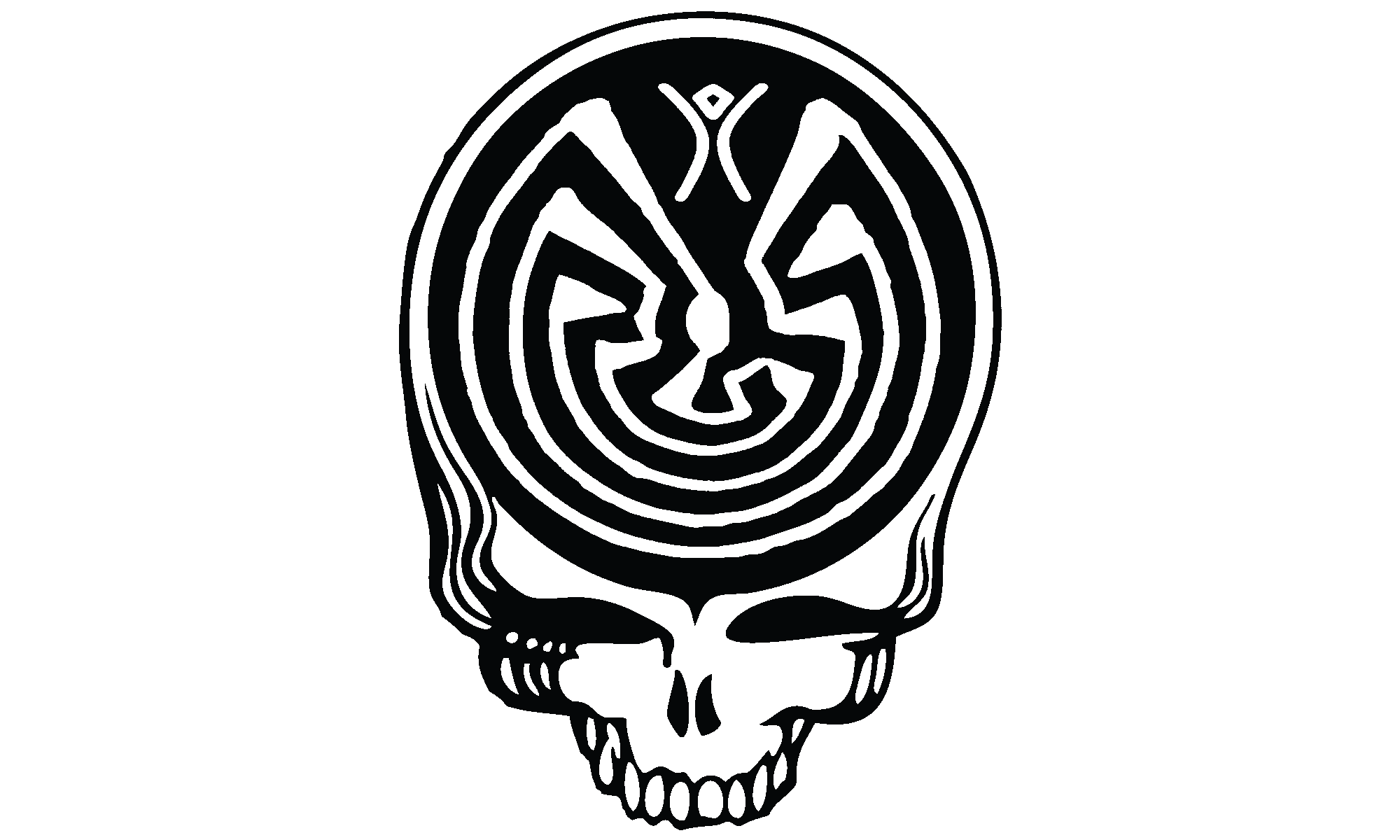“The U.S. government banned the sale of prairie dogs, prohibited the importation of African rodents and recommended smallpox shots Wednesday for people exposed to monkey pox, the exotic African disease that has spread from pet prairie dogs to humans.”
In 2003 the first confirmed case of locally acquired Monkey Pox occurred in the United States. In our terror fueled media mad nation, this demanded swift and decisive action. After all, this was a ‘pox’, and the media was pumping the idea of terrorist driven small pox attacks against the United States. If the government had not reacted to this perceived threat, say like the way the government failed to react to a hurricane that was on the radar for days, people would get upset.
According to a CDC investigation, the source of the infection was an ill Gambian Rat obtained at a pet ‘swap meet’. From there it was passed to prairie dogs purchased at the same time. Several of the prairie dogs were sold and passed on the infection before they succumbed to the disease and died.
Monkey Pox is not native to North or South America. The prairie dogs could not have contracted Monkey Pox were it not for their contact with the Gambian Rat. That prairie dogs became the crossover point for human infection was a coincidence, and not a result of their being more susceptible than other animals. That same CDC report states: “Animal species susceptible to monkey pox virus may include non-human primates, lagomorphs (rabbits), and some rodents.”
Logically, banning prairie dogs because they became infected in this outbreak makes a much sense as banning children because they became infected as well. Had that pet distributor purchased rabbits that day, or guinea pigs, or hamsters, I doubt the CDC would have chosen a full ban of the infected animals. It is a shame that swift and decisive action was required, and that prairie dogs are not as firmly entrenched in American childhood as guinea pigs and hamsters. Can you imagine the reaction if hamsters had been banned?
Despite the knowledge that prairie dogs were not the source of the outbreak, despite the lack of any further outbreaks, the ban is still in effect. The ban restricts the transportation, not just the sale; and I wonder if the ban played a part in the incident where Habitat for Humanity gassed an entire prairie dog town because it could not be relocated in what they considered a reasonable amount of time?
It is now over two years later. While the sale of prairie dogs was banned, the owning of them was not. I know several people who had purchased, or rescued, prairie dogs prior to the ban. Prairie dogs continue to make great pets for those that own and love them.
The source of the monkey pox outbreak was a rodent imported from Africa. As long as the sources for those animals are controlled it seems unnecessary to completely ban our own North America native prairie dogs.
